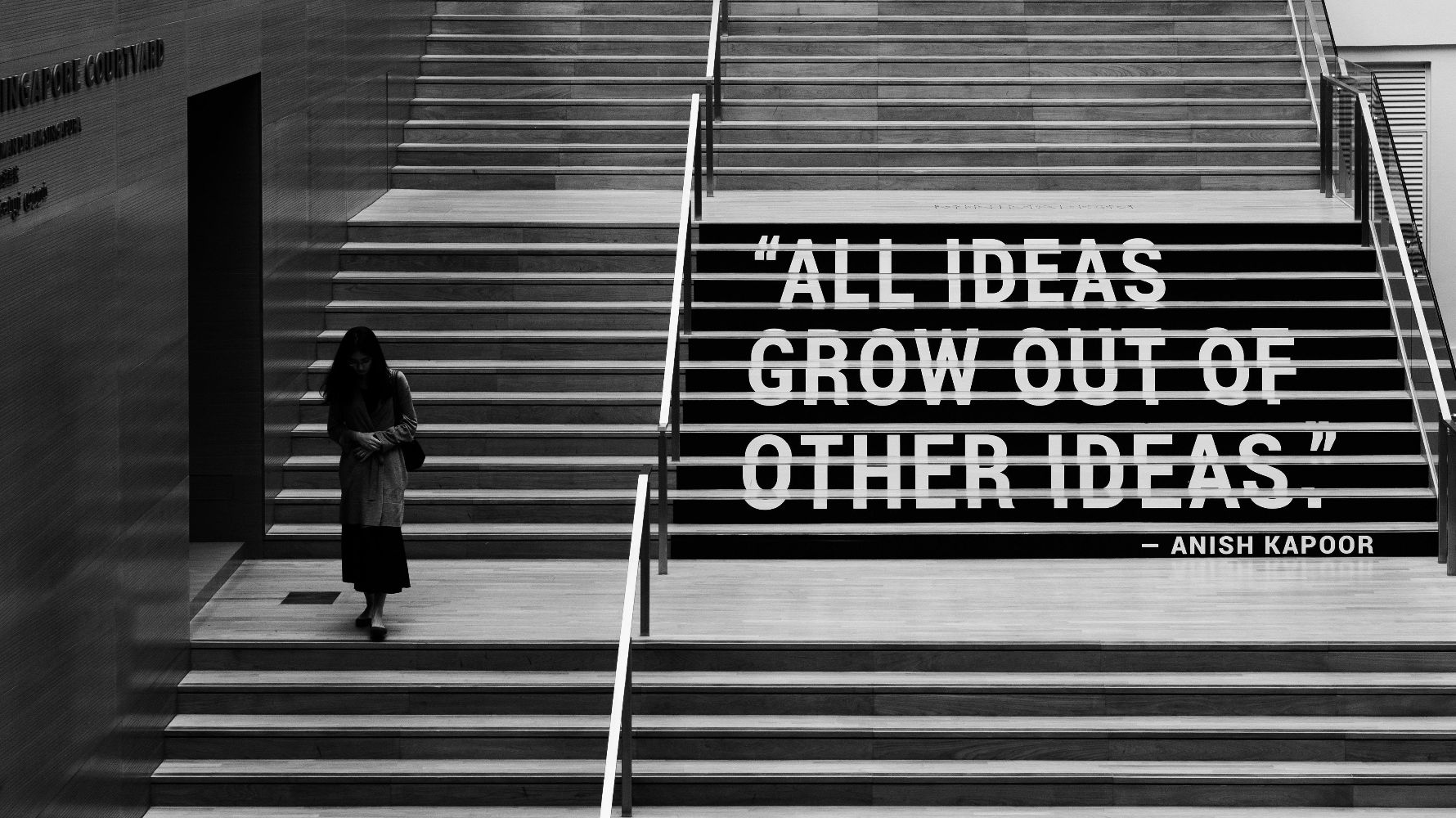We recently kicked off our 2019 Innovations LAB. Clients and partners joined our exploration of new technology impacting the travel industry. The event was held in Silicon Valley, the center of tech innovation, at the HQ of our incubator partner Plug & Play.
We focused on a common question related to travel programs: “How can we improve services to travelers and create a better experience for them?” Our goal at Innovations LAB was to dissect how to solve for the traveler experience and help travel buyers uncover solutions for their program.
The event focused on getting participants out of the day-to-day grind and into elevated thinking about how the traveler experience is defined and how improving it can positively impact a business.
An exploration into the traveler journey helped to identify the aligned needs of both the traveler and business, and uncover potential solutions. Attendees were able to further expand their view with a first-hand glimpse of new-to-market technology that world-renowned tech startups are working on.
One participant summed up the experience best, describing it as a "great way to have new start-ups look at ways to fill current services, processes, payments and gaps in behavior that we see in corporate travel today".
Participants left with the tools to innovate, as well as our best practices on how to ensure their business was ready to innovate. Here’s a condensed version of our in-depth look at introducing new innovations at your company:
- Identify internal partners - They will help you navigate company resources, access data, and guide you through execution.
- Build a sandbox - aka your “go to” group of testers that can help you deploy a pilot quickly and gather the necessary data and results.
- Determine your resources - What do you need to get your project off the ground including investment and personnel?
- Define the problem - Identify what you are trying to solve for, in the most specific terms possible.
- Set up your hypothesis testing for success - Consider the following:
a. Do you have a community with shared knowledge to help you avoid challenges or wasting resources?
b. Are you focused on how to speedily prove or disprove your hypothesis?
c. Are there any travel management company dependencies?
d. Are you allowing a reasonable timeframe for testing? (We suggest three-to-six months)
- Define success by determining how your company views success. Consider that many times your greatest learnings may come from perceived failures.


